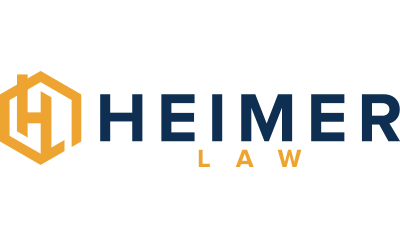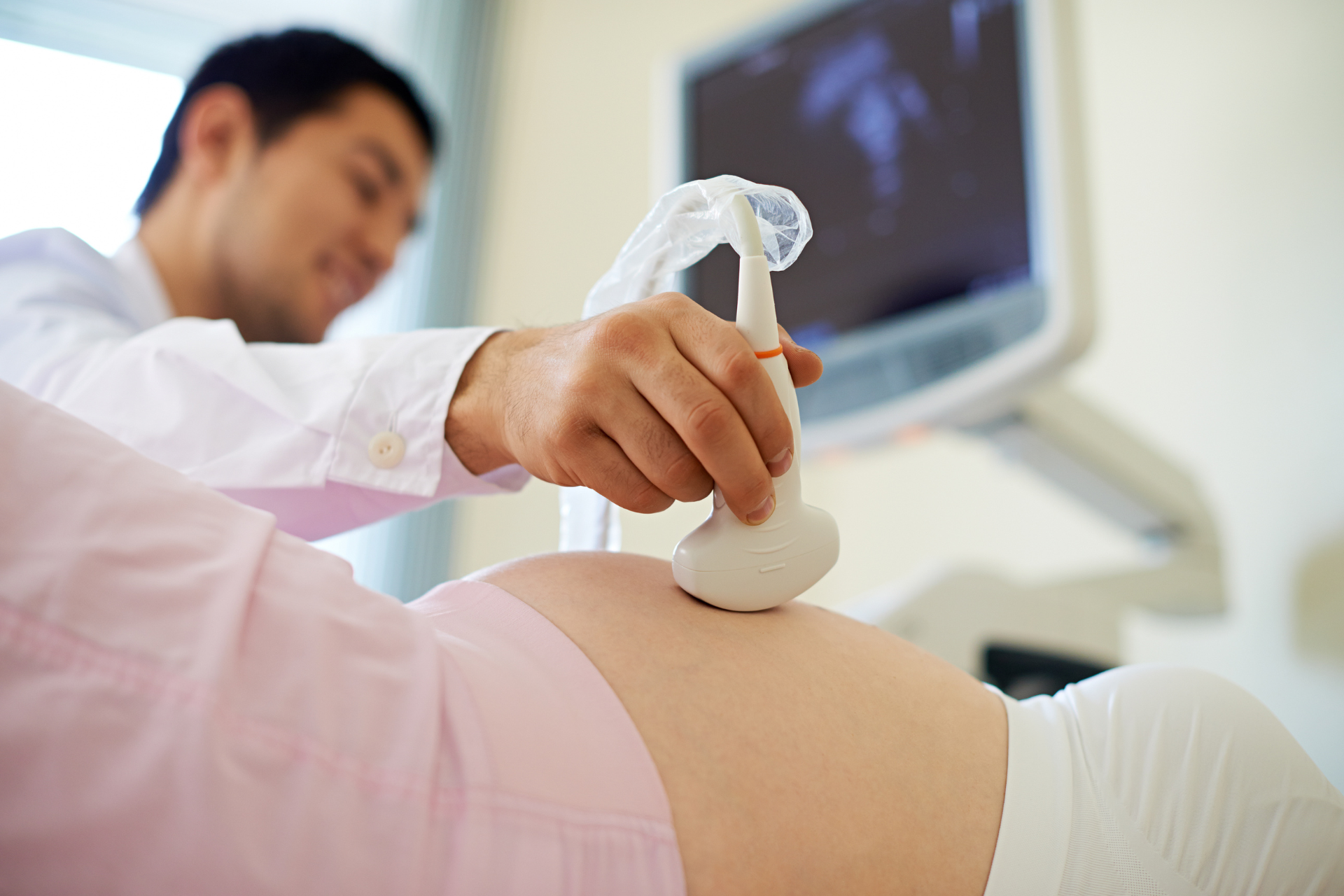Prenatal care, medical care for mothers and babies before the baby is born, is extremely important for the health and future of both the mother and the child. Prenatal care for birth moms, meaning prenatal care for women who plan to relinquish their babies for adoption, is just as important as all prenatal care. And yet one fifth of the babies born in Arkansas have inadequate prenatal care, according to the March of Dimes, and adopted children may miss out on prenatal care for a variety of reasons.
One reason is that adopted children are often the result of unplanned pregnancies. Women who do not plan their pregnancies may not realize that they are pregnant early in their pregnancies. Not only can this delay prenatal care, it can also lead to exposure of the baby to drugs or alcohol when the moms don’t know that they are expecting.
Another reason is financial concerns. Adoptive parents in Arkansas are allowed to provide financial assistance for expectant mothers, including covering the cost of prenatal care, but sometimes expectant moms don’t know this. Feeling that she can’t afford to see a doctor, a pregnant woman may put off seeking the care she needs.
Finally, an unplanned pregnancy can be overwhelming. In the face of so many decisions and new challenges, an expectant mom may not focus on her health or the baby’s health as she would if she had planned the pregnancy.
Yet prenatal care for birth moms choosing adoption is every bit as important as prenatal care for expectant moms choosing to parent.
What is prenatal care?
Prenatal care is the medical care received by mothers and babies before the baby is born. These are the major elements of prenatal care:
- Regular checkups at which the healthcare provider monitors the mom’s health and the baby’s growth and development. A typical schedule for a low-risk pregnancy:
- Once a month for weeks 4 through 28.
- Every two weeks for weeks 28 through 36.
- Weekly from week 36 until birth.
- Physical exams
- Prenatal testing to screen for potential health issues for both mom and baby:
- Blood tests to check for anemia, infections like HIV, hepatitis B, and syphilis, and to screen for gestational diabetes
- Urine tests to check for protein (a sign of preeclampsia), glucose (a sign of diabetes), and infections
- Ultrasounds to confirm pregnancy, estimate the due date, monitor the baby’s growth and development, check for any abnormalities, and determine the baby’s position
- Genetic Screening and diagnostic tests to assess the risk of or diagnose chromosomal or genetic conditions, such as Down syndrome
- Discussions and education on nutrition, weight gain, exercise, sleep, and stress management, the birth plan, pain management options, and what to expect during labor and delivery
- Postpartum information about recovery after birth, breastfeeding, and potential issues like postpartum depression
- Emotional support and counseling
Ideally, this care begins in the first trimester of pregnancy and continues throughout the term.
Resources
The sad truth is, Arkansas has the highest maternal mortality rate in the nation, and the third highest infant mortality rate. The new Healthy Moms, Healthy Babies Act is designed to help correct this situation. The bill strengthens Medicaid funding for prenatal care. In addition to Medicaid and assistance from adoptive parents, there are further resources for expectant moms in Arkansas:
- Arkansas Department of Health Maternity Program
- Community Clinic of Northwest Arkansas
- APQC
- Arkansas Special Delivery program
If you are expecting and considering adoption to give your baby the best possible life, Heimer Law can help. Call (479) 225.9725 at any time.
Inquiry Form
